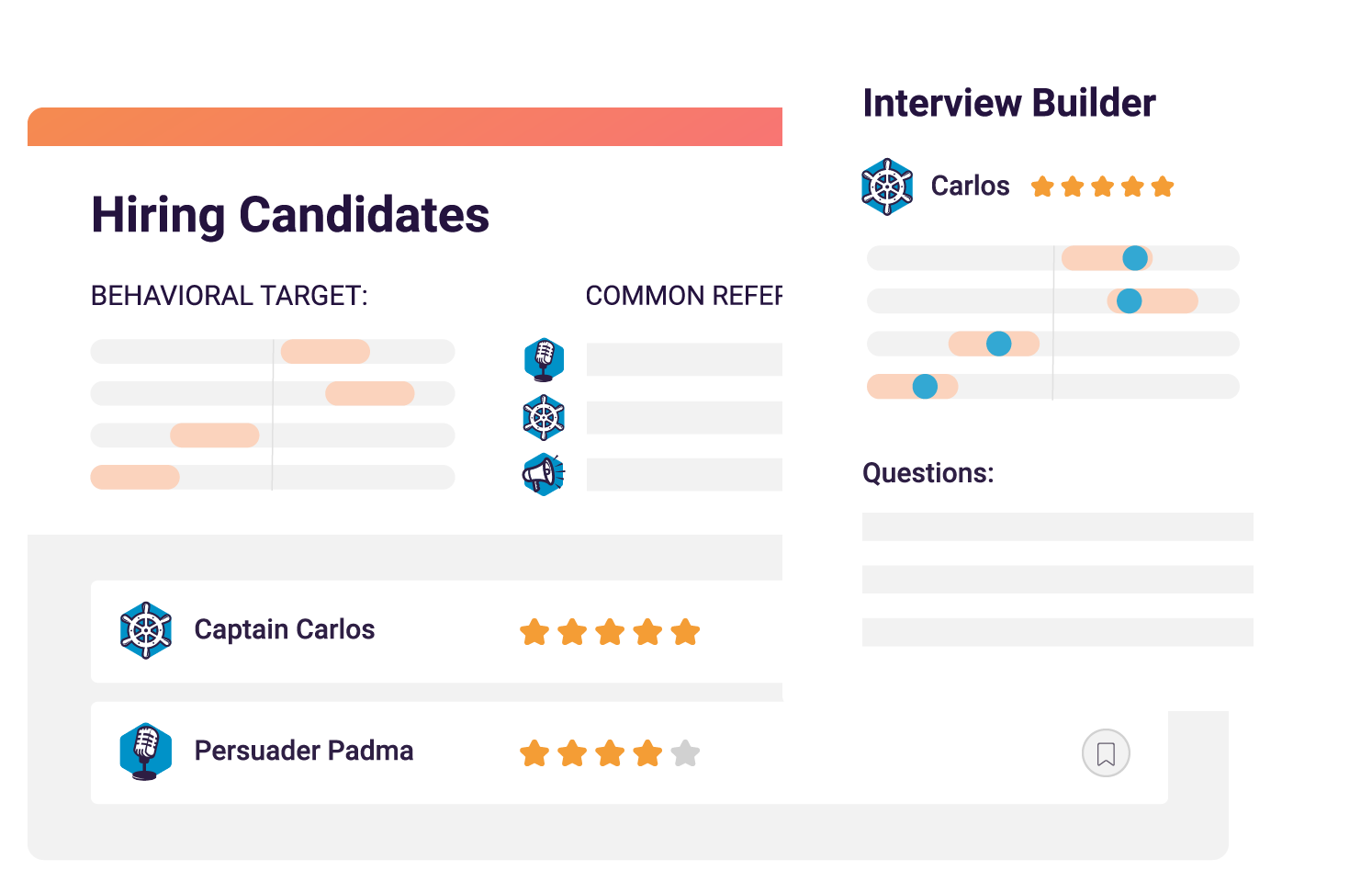An emotionally intelligent workplace culture remains positive even amid challenges.
“Emotional intelligence” may seem like a trendy buzzword, but it goes beyond that. It’s actually an essential skill for organizational success. Data shows that higher emotional intelligence in the workplace leads to better team performance.
It’s a common myth that emotions don’t have much to do with work. Emotions are just as much a part of our professional lives as they are our personal lives. Whether we want to admit it or not, our emotions play into the actions we take and the decisions we make. A healthy workplace depends on employees managing their emotions effectively—as well as understanding others’ emotions.
Emotional intelligence defined
There are three main components of emotional intelligence. They are:
- The ability to know what you’re feeling and how it’s affecting you
- The ability to apply your emotions to tasks like thinking and problem-solving
- Managing your emotions well and helping others do the same

These three components impact workplace success in several ways. Emotions that aren’t well-managed can lead to destructive blowups that can hamper productivity and even drive people to leave their jobs in some cases. Negative emotions—like inadequacy and jealousy—keep employees from doing their best work and supporting their colleagues.
It’s impossible to separate your emotions from what happens at work, so learning to manage them is essential to your professional effectiveness. If everything was happy and positive all the time, it wouldn’t be hard to manage your emotions. By positively dealing with negative emotions, you can overcome them and get to a healthier place emotionally.
Emotional intelligence in the workplace
Having high emotional intelligence in the workplace means making better decisions, listening to others, resolving conflicts, and being able to respond well to constructive criticism. In an emotionally intelligent culture, employees interact well with each other and generally get along with few problems.
Employees with high emotional intelligence are a valuable asset to a company because they have a way of bringing the best out of their colleagues. People want to be around them and react positively to them when they’re present.
Behavioral assessments and emotional intelligence
While it’s not a specific test for emotional intelligence, the PI Behavioral Assessment™ helps predict a candidate’s success in a particular role by measuring four key behavioral and emotional drives. When leadership teams gain a deep understanding of their employees’ motivations, they can work toward developing a more emotionally intelligent culture. Ultimately, better team performance will follow.
Join 10,000 companies solving the most complex people problems with PI.
Hire the right people, inspire their best work, design dream teams, and sustain engagement for the long haul.








